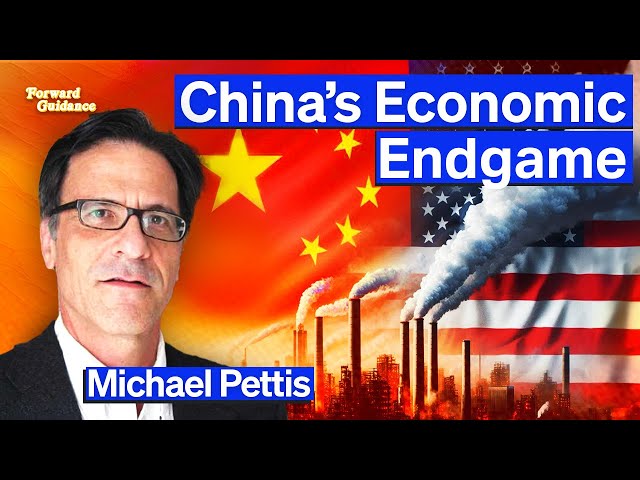Podcast Summary
In this episode of “Behind the Memo” and “The Insight” by Oaktree, co-chairman Howard Marks and head of performing credit Armen Panossian discuss Marx’s latest memo, “Further Thoughts on Sea Change,” and Oak Tree’s Performing Credit Quarterly. The conversation revolves around the significant shift in interest rates since 1980 and its implications for GDP growth, financing ease, defaults, bankruptcies, and returns. The speakers also delve into the risks and opportunities in the private credit and high yield bond markets, the impact of inflation on businesses, and the current state of the economy and stock market.
Key Takeaways
Sea Change in Interest Rates
- Shift in Interest Rates: Marx’s “Sea Change” thesis discusses the significant and lasting development of low or declining interest rates since 1980, with the exception of 2022. He believes that declining and ultra-low interest rates will not be the norm for the coming decade and discusses the implications for GDP growth, financing ease, defaults, bankruptcies, and returns.
- Impact of Higher Rates: Pinotian highlights the risk of being backward-looking and emphasizes that the impact of higher rates has only just begun to take hold, affecting company cash flows and capital needs for interest rate-sensitive assets.
Private Credit and High Yield Bond Markets
- Private Credit: The speakers discuss the growth of the private credit industry and the potential challenges highly levered transactions may face as interest rates increase. They also highlight the opportunities for experienced investors to find great buys in a dislocated environment.
- High Yield Bond Market: The speakers note the attractive yields in the high yield bond market, which is currently the highest quality it has been in 15 years. They also discuss the lower leverage and larger borrowers in this market compared to the loan market.
Impact of Inflation on Businesses
- Inflation and Businesses: The speakers discuss how inflation can benefit big businesses with fixed dollar liabilities for several years, as they may grow and deliver more when their maturity comes. However, smaller businesses face trouble when the cost of their liabilities rises in real-time due to inflation.
Current State of the Economy and Stock Market
- Economy: The speakers note the resilience of the economy, attributing it to various stimulus acts. However, they also mention the emerging cracks in consumer-facing businesses and increasing credit card and consumer finance charge-offs.
- Stock Market: Despite a favorable surprise in the economy’s performance, the speakers express surprise at the optimism among stock market investors. They describe the market as a tug of war between optimists and pessimists, with optimists winning in 2023.
Investment Philosophy and Outlook
- Investment Philosophy: The speakers highlight that their investment philosophy is not based on macro expectations or market timing. They emphasize that it’s okay to have an opinion but not to act as if it’s correct.
- Outlook: The speakers express excitement about the current “full return world” and the potential returns that can be earned from credit. They also warn that the recent period was unusually easy, and the lesson that more risk equals more money can be dangerous.
Sentiment Analysis
- Bullish: The speakers express a bullish sentiment towards the high yield bond market, citing its current high quality and attractive yields. They also show optimism about the potential returns that can be earned from credit in the current “full return world.”
- Bearish: The speakers express a bearish sentiment towards the impact of higher interest rates on company cash flows and capital needs for interest rate-sensitive assets. They also show concern about the emerging cracks in consumer-facing businesses and the increasing credit card and consumer finance charge-offs.
- Neutral: The speakers maintain a neutral stance on the stock market, noting that it is not so high that increased defensiveness is necessary, but also not so low that one should become more aggressive. They also emphasize that their investment philosophy is not based on macro expectations or market timing.











